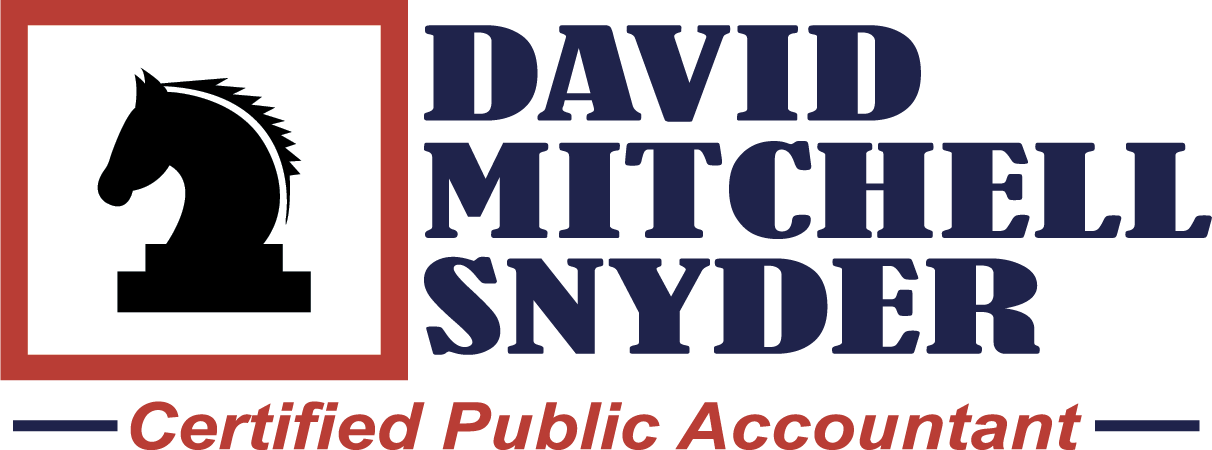Retiree Tax Tips

Just because you are retired doesn’t mean you don’t have to pay taxes. Perhaps much to your dismay, even your social security payments may be partially taxable. I have provided the following tips and information to help you lessen the tax bite from your “Golden Years”. Some of the following tips are for Retirees and non-retirees alike.
Tax-Exempt Interest/Income: Investments in state and local government securities typically provide federally tax-exempt interest to the investor. TIP: Use these sparingly if your portion of Social Security that is taxed is not maxed out at 85%. Also, be wary of tax exempt income that is subject to AMT if it applies to your tax situation.
Qualified Dividends: Qualified Dividends receive favorable tax treatment. They qualify for the same tax treatment as capital gains: 0% for those in the 10% and 25% tax brackets, 15% for those in the 25% to 35% tax brackets, and 20% for those in the 39.6% tax bracket.
Reduced Capital Gains Tax:The long-term capital gains tax rate is 15% for those in the 25% to 35% tax brackets, and 20% for those in the 39.6% tax bracket. If you are in the 10% or 15% income tax bracket, your long-term capital gains tax is zero. TIP: Accelerate capital gains in any year you are in the 10% or 15% tax bracket.
Sale of Residence/Exchanges: If a married couple has owned and lived in their primary residence for two out of the last five years (ending on the date of sale), they can claim a capital gains exclusion of up to $500,000 ($250,000 if single) on their tax return. TIP: Owning more than one house may provide planning opportunities.
Capital Losses: Losses on the sale of securities (stocks, bonds, mutual funds) can offset capital gains and provide up to a $3,000 ($1,500 for married filing separately) deduction against ordinary income. Any capital losses above these limitations is carried forward to your next tax year. TIP: Be cautious about deducting losses against preferentially taxed income. The losses may be better used against ordinary income taxed at your highest marginal rate.
Annuity Losses: If an annuity is surrendered for a loss, you can claim a loss deduction.
Retirement Withdrawal Strategies: When it comes to retirement income, how you withdraw the funds during retirement can directly impact your taxes. Here are a few TIPS to save on taxes:
- During your early retirement and/or higher taxed years take only the required minimum distribution (RMD) from your Traditional IRA, if possible.
- Also, use either ROTH or non-retirement accounts for funds to live on, if possible.
- Limit taking funds from your pension and 401(k) and annuity accounts, if possible
- Know how much Social Security benefits increase your taxable income.
TIP: Direct transfers from your IRA to a qualified charity can help avoid income tax on the IRA distribution – and the withdrawal counts toward satisfying your RMD requirement. (Being generous has never been more (financially) rewarding!
Rental Real Estate Losses: Non-real estate professionals that pass an “active participation test” as real estate owners with a loss can deduct up to $25,000. (Limited by Adjusted Gross Income.)
Taxation of Social Security
It’s important to understand how earned income and tax-exempt interest can affect the taxation of your Social Security benefits. If you’re married filing jointly and your provisional income exceeds $32,000 ($25,000 for single filers), then a portion of your Social Security benefits will be subject to federal tax.
Avoiding an Audit
All the tax minimization in the world can be wiped away by an IRS audit. While the odds of an audit are low, the IRS has increased the number of audits of high-income taxpayers and other high-risk taxpayers. Many audits result from errors or omissions, expense deductions exceeding IRS targets, and excessive loss deductions. A properly prepared return will avoid most audits.
Here are a few record-keeping TIPS:
- Create a filing system for each category of income, deductions, and losses.
- Get in the habit of listing deductible items as they occur.
- Retain your tax documentation for at least three years.
The Bottom Line
Filing your taxes during retirement can be just as complex as when you were employed. Preparing for your tax filing can be simple if you stay organized throughout the year and keep aware of changes to tax laws that could affect your tax situation.
TIP: Contact us for retirement planning, tax planning and preparation.
